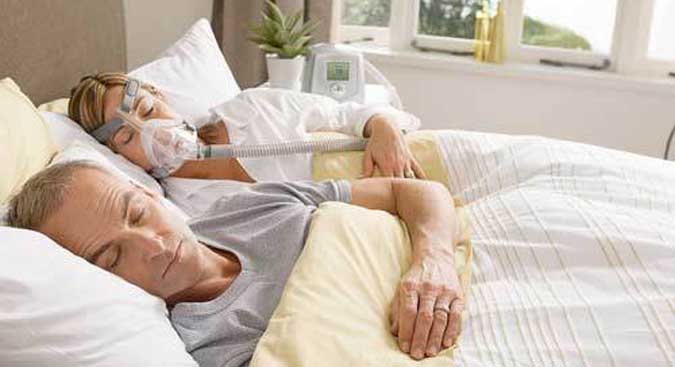
Sleep apnea is a common chronic sleep disorder where an individual suffers from frequent breathing pauses or shallow breathing when they sleep. Due to disruptions in sleep, sleep apnea sufferers are often extremely drowsy throughout the day, making accidents on the road and in the workplace far more likely. The latest reports by the National Highway Traffic Safety Administration revealed that 846 deaths resulted from drowsy-driving related crashes in 2014.
The National Institution of Health conducted research indicating that 12-18 million adults in the U.S. suffer from sleep apnea. Many people who have this disorder are not fully aware of what is happening during their sleep unless they are disturbing their sleeping partner. In today’s fast-paced world, many people assume that exhaustion is a normal part of life and elect not to do anything about it. Left untreated sleep apnea can result in more than exhaustion, increasing the risk of high blood pressure, irregular heart rhythms, heart attack, stroke and more.
So how do you know if you have sleep apnea? A medical professional can use technology like a polysomnogram to diagnose sleep apnea. Your primary doctor will evaluate your symptoms first and then decide whether a referral to a sleep specialist is necessary based on your symptoms. Keeping a sleep diary to bring your your doctor is highly recommended. Treatment of sleep apnea often includes lifestyle changes and a CPAP machine to wear at night. This can be a difficult adjustment for many people, but patients who properly use their CPAP machines are 99% more likely to reduce or eliminate interrupted breathing caused by sleep apnea.
If you suffer from chronic sleep apnea, please consider that ignoring the condition can affect more than just you. Driving or operating machinery at work while drowsy can greatly increase the risk for unnecessary work injuries or severe car accidents. By taking the steps to address the problem you protect yourself and others.
Sleep labs exist all over the country and are often available at top local hospitals like the Virginia Hospital Center in Arlington, or VCU’s Center for Sleep Medicine in Richmond.